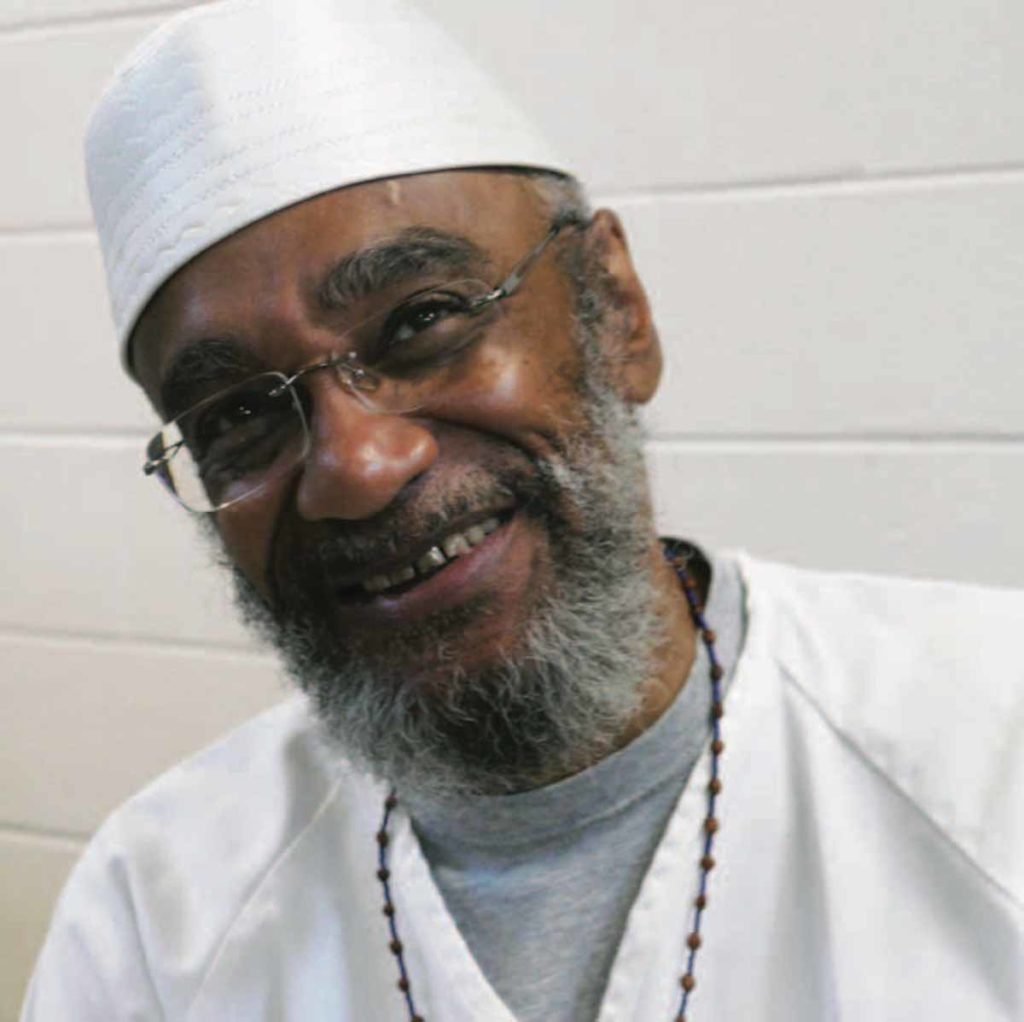
A Nashville man who was convicted of murder in the 1980s is moving off death row. A criminal court judge has decided for a second time that Abu-Ali Abdur’Rahman should spend the rest of his life behind bars but won’t face execution.
This essentially reinstates a deal struck a couple years ago between the defense, prosecutors and victims, just months before he was schedule to face the death chamber. The state’s attorney general tried to get that agreement overturned, claiming it didn’t follow proper legal procedures.
There’s still a chance that the state could appeal this latest ruling. The attorney general’s office says it is reviewing the order and considering its next steps. Abdur’Rahman’s defense team declined to comment on the deal.
The back and forth over Abdur’Rahman’s sentence started in 2019, when his attorneys argued in court that his death sentence shouldn’t stand because they said he didn’t get a fair trial. The lawyers said the prosecutor who tried the case was racially biased and that he violated Abdur’Rahman’s constitutional rights by striking several Black jurors.
Abdur’Rahman’s case was highlighted in a national study by the Death Penalty Information Center, which uncovered racial disparities in capital cases. The report found that Black people make up a far larger percentage of death sentences than their share of the population. In 2019, 42% of people on death row were Black, while they accounted for just 13% of the U.S. population. Researchers say this is due to discrimination that touches every step of the criminal justice system, from who police arrest to how prosecutors portray defendants at trial.
Judge Watkins agreed to a deal exchanging Abdur’Rahman’s death sentence for life in prison. The victim’s family also signed off, saying they were ready to move on. Even District Attorney Glenn Funk, whose colleagues had tried the case, thought the actions of the trial prosecutor had tainted Abdur’Rahman’s sentence.
“Overt racial bias has no place in the justice system,” Funk said at a hearing in 2019.
The deal was signed more than two years ago. But since then, Abdur’Rahman has remained on death row, unsure if he would face execution. The state Court of Criminal Appeals struck down the agreement last year and said there should be a new hearing to decide if the death sentence should stand.
Tuesday, Watkins found a new way to spare Abdur’Rahman. He threw out the convictions that landed him on death row in the first place and let him sign a new plea deal for three consecutive life sentences.
Abdur’Rahman was convicted in 1987 for allegedly killing Patrick Daniels and wounding Daniel’s girlfriend, Norma Jean Norman, during an armed robbery. Norman’s daughters were home at the time of the attack and told WPLN News in 2019 that they found her on the floor, bleeding.
That day continued to haunt the sisters for decades, as the case made its way back to court time after time for various appeals. They hoped the deal would bring some closure.
In the past, Abdur’Rahman has said he couldn’t remember if he was the one who stabbed Daniels and Norman, or if it was his defendant, because he blacked out. Abdur’Rahman’s attorneys have said in appeals that such blackouts are common for their client, who suffers from mental illness after being abused as a child. Those details, which could have lessened his sentence, never came up at trial.
But Abdur’Rahman won’t have another chance to bring such concerns before a judge. With the new plea agreement, he has waived his right to future appeals.
Clarification: This story has been edited to make clear that Black people made up 13% of the U.S. population in 2019.

